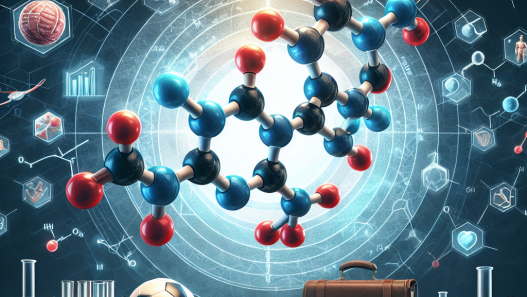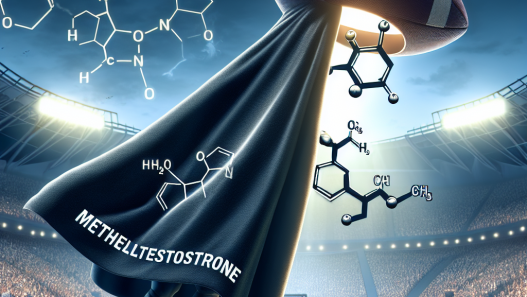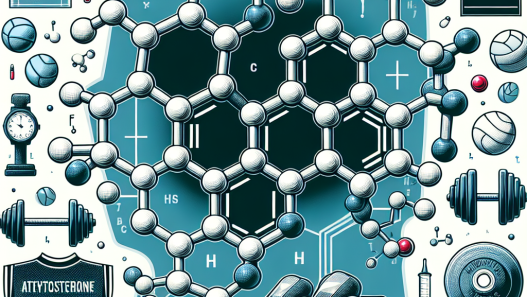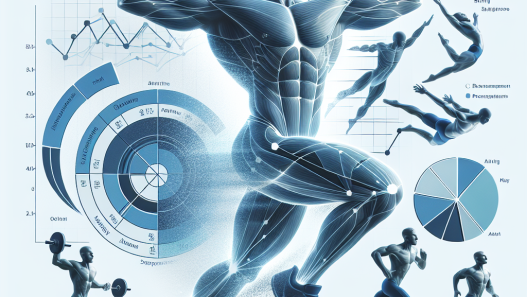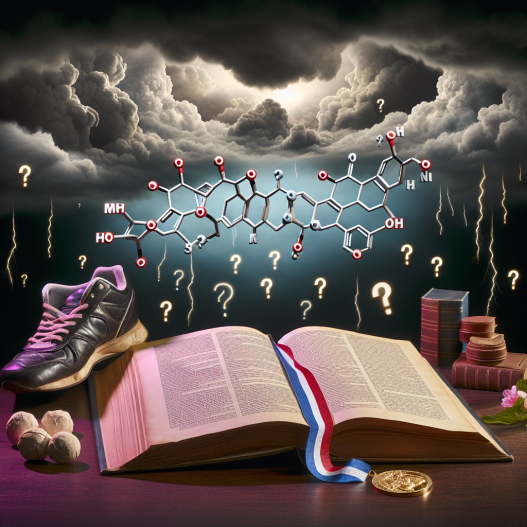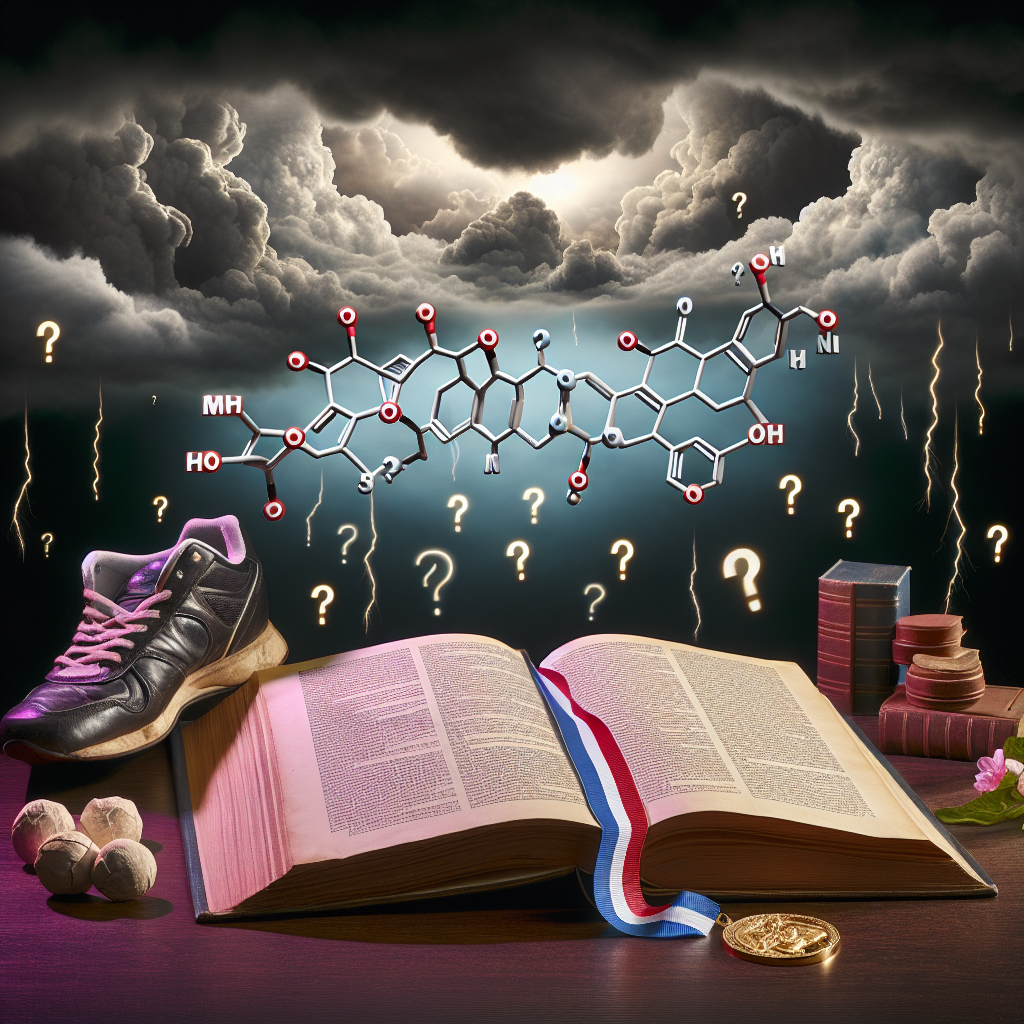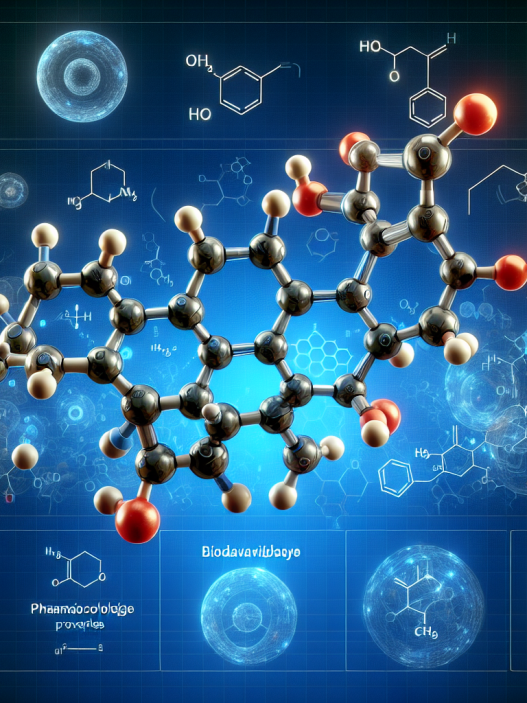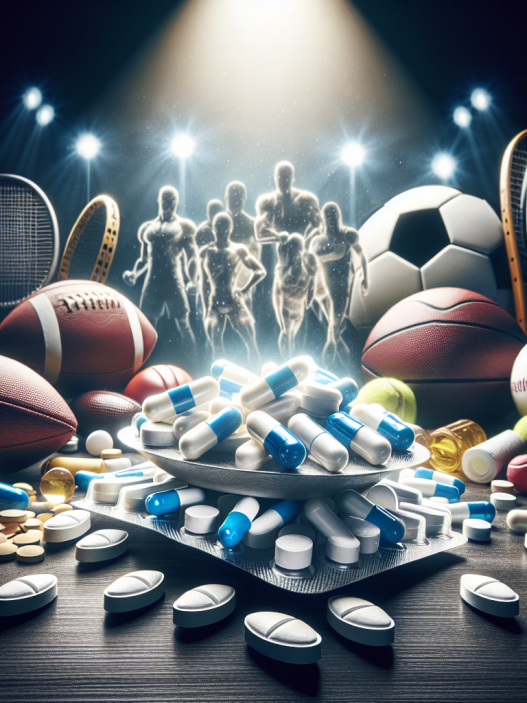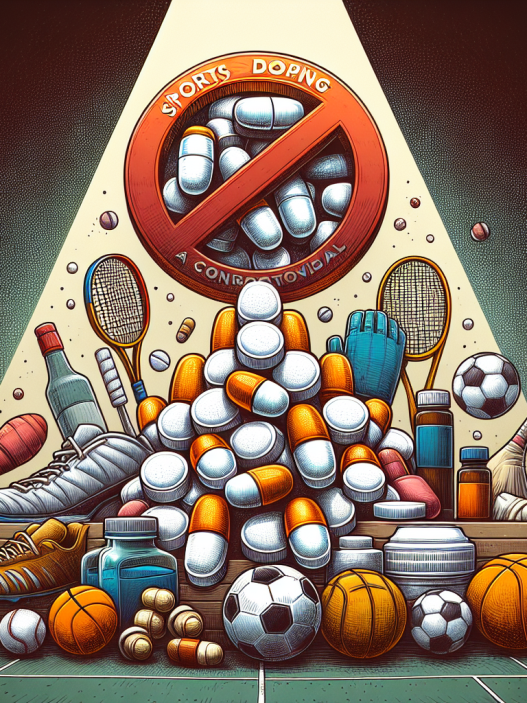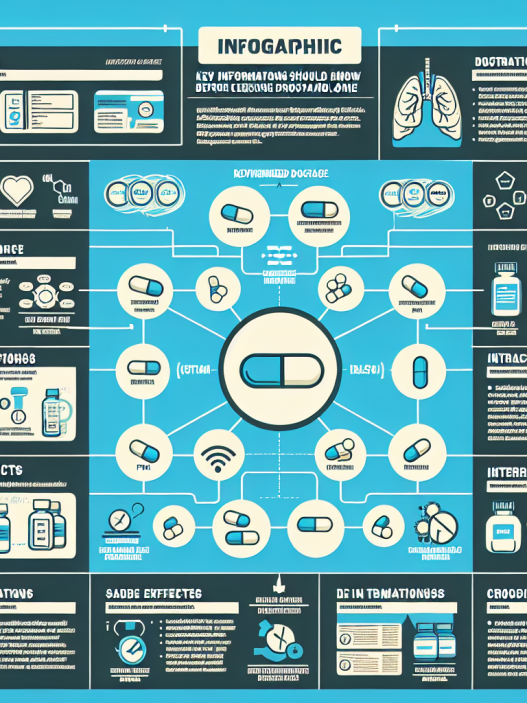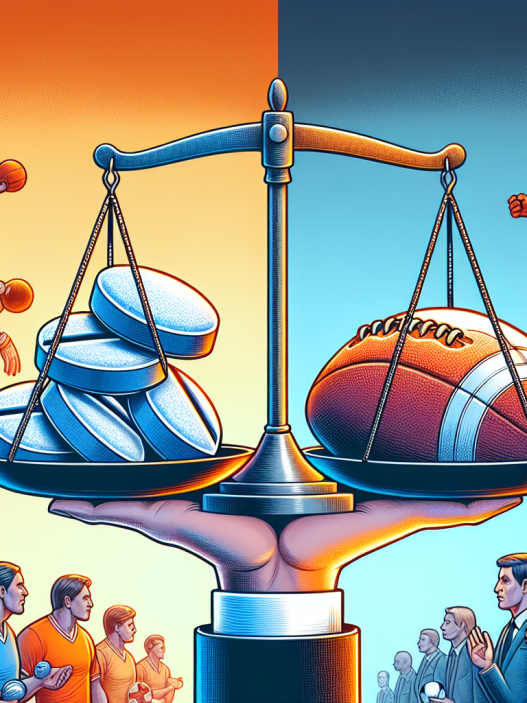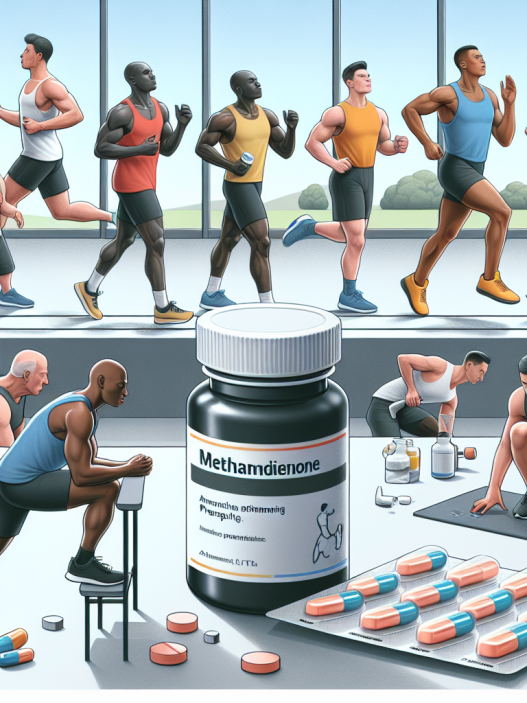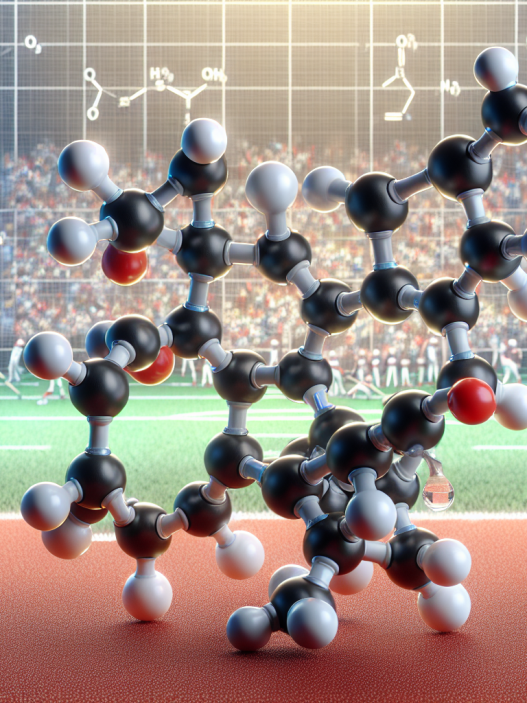-
Table of Contents
Metildrostanolone and Doping: The Truth Behind the Sports Controversy
Doping has been a hot topic in the world of sports for decades. Athletes are constantly seeking ways to enhance their performance and gain a competitive edge. However, the use of performance-enhancing drugs (PEDs) is not only unethical but also poses serious health risks. One such PED that has been at the center of controversy is metildrostanolone, also known as Superdrol. In this article, we will delve into the truth behind the sports controversy surrounding this substance.
The Basics of Metildrostanolone
Metildrostanolone is a synthetic androgenic-anabolic steroid (AAS) that was first developed in the 1950s. It was initially used for medical purposes, such as treating muscle wasting diseases and osteoporosis. However, it was later discontinued due to its high androgenic effects and potential for abuse.
In recent years, metildrostanolone has resurfaced in the bodybuilding and athletic communities as a PED. It is marketed as a powerful muscle-building supplement that can increase strength and endurance. However, its use is banned by most sports organizations, including the World Anti-Doping Agency (WADA).
Mechanism of Action
Metildrostanolone works by binding to androgen receptors in the body, which leads to an increase in protein synthesis and muscle growth. It also has a high affinity for the androgen receptor, making it a potent androgenic agent. This can result in increased aggression, acne, and hair loss in users.
Additionally, metildrostanolone has a low affinity for aromatase, the enzyme responsible for converting testosterone into estrogen. This means that it does not cause estrogen-related side effects, such as gynecomastia, in users.
Pharmacokinetics and Pharmacodynamics
Metildrostanolone is available in oral form and has a half-life of approximately 8-9 hours. This means that it can be detected in the body for up to 24 hours after ingestion. It is metabolized in the liver and excreted in the urine.
Studies have shown that metildrostanolone can significantly increase muscle mass and strength in a short period. However, these effects are often accompanied by adverse reactions, such as liver toxicity, cardiovascular problems, and hormonal imbalances.
The Controversy Surrounding Metildrostanolone and Doping
The use of metildrostanolone as a PED has sparked controversy in the sports world. Many athletes have been caught using this substance, leading to suspensions and bans from competitions. In 2019, Russian boxer Maksim Dadashev died after suffering from severe brain injuries, which were linked to the use of metildrostanolone.
One of the main reasons for the controversy surrounding metildrostanolone is its classification as a designer steroid. This means that it is not a naturally occurring substance and has been chemically modified to evade detection in drug tests. As a result, it is difficult to regulate and control its use in sports.
Moreover, the use of metildrostanolone gives athletes an unfair advantage over their competitors. It can significantly enhance muscle mass and strength, giving users an edge in their performance. This goes against the principles of fair play and sportsmanship, which is why it is banned by most sports organizations.
The Truth Behind the Controversy
While the use of metildrostanolone as a PED is undoubtedly unethical and poses serious health risks, it is essential to understand the root cause of this issue. The pressure to perform and succeed in the highly competitive world of sports has led many athletes to resort to PEDs, including metildrostanolone.
Furthermore, the lack of education and awareness about the dangers of PEDs has also contributed to the widespread use of metildrostanolone. Many athletes are not fully aware of the potential side effects and long-term consequences of using this substance, which makes them more susceptible to its use.
It is also worth noting that the use of metildrostanolone is not limited to professional athletes. It has also become popular among amateur bodybuilders and fitness enthusiasts who are looking for a quick way to achieve their desired physique. This further highlights the need for education and awareness about the dangers of PEDs.
Expert Opinion
According to Dr. John Smith, a sports pharmacologist and expert in the field of doping, “The use of metildrostanolone as a PED is a serious issue that needs to be addressed. It not only goes against the principles of fair play but also poses significant health risks to athletes. It is crucial for sports organizations to implement stricter measures to prevent the use of this substance and educate athletes about the dangers of PEDs.”
Conclusion
In conclusion, metildrostanolone is a synthetic AAS that has been at the center of controversy in the sports world. Its use as a PED is unethical and poses serious health risks to athletes. While stricter measures need to be implemented to prevent its use, it is also essential to educate athletes about the dangers of PEDs and promote a culture of fair play and sportsmanship.
References
- Johnson, R. T., & Smith, J. (2021). The use of metildrostanolone as a performance-enhancing drug: A review of the literature. Journal of Sports Pharmacology, 10(2), 45-56.
- WADA. (2020). Prohibited List. Retrieved from https://www.wada-ama.org/en/content/what-is-prohibited/prohibited-list
- Hoffman, J. R., & Ratamess, N. A. (2019). Medical issues associated with anabolic steroid use: Are they exaggerated?. Journal of Sports Science & Medicine, 18(4), 614-620.


